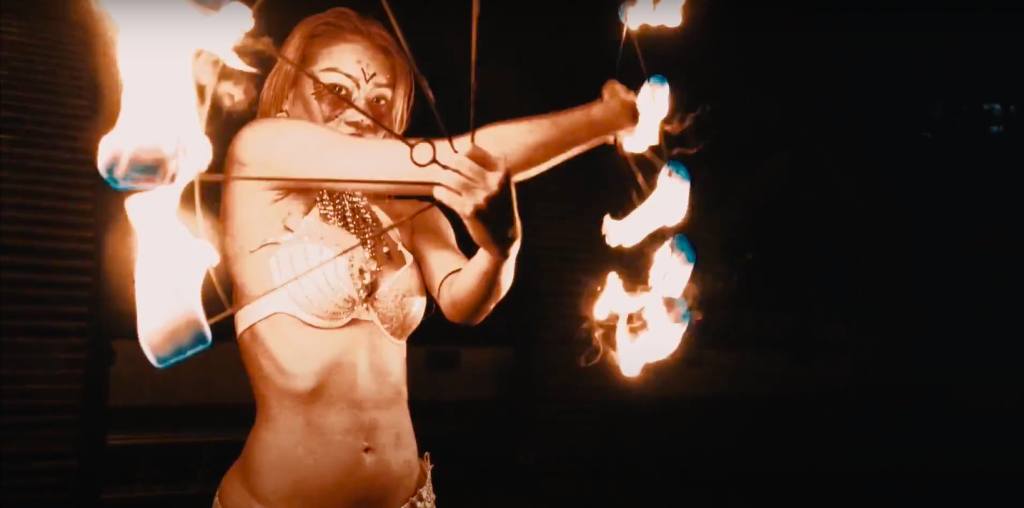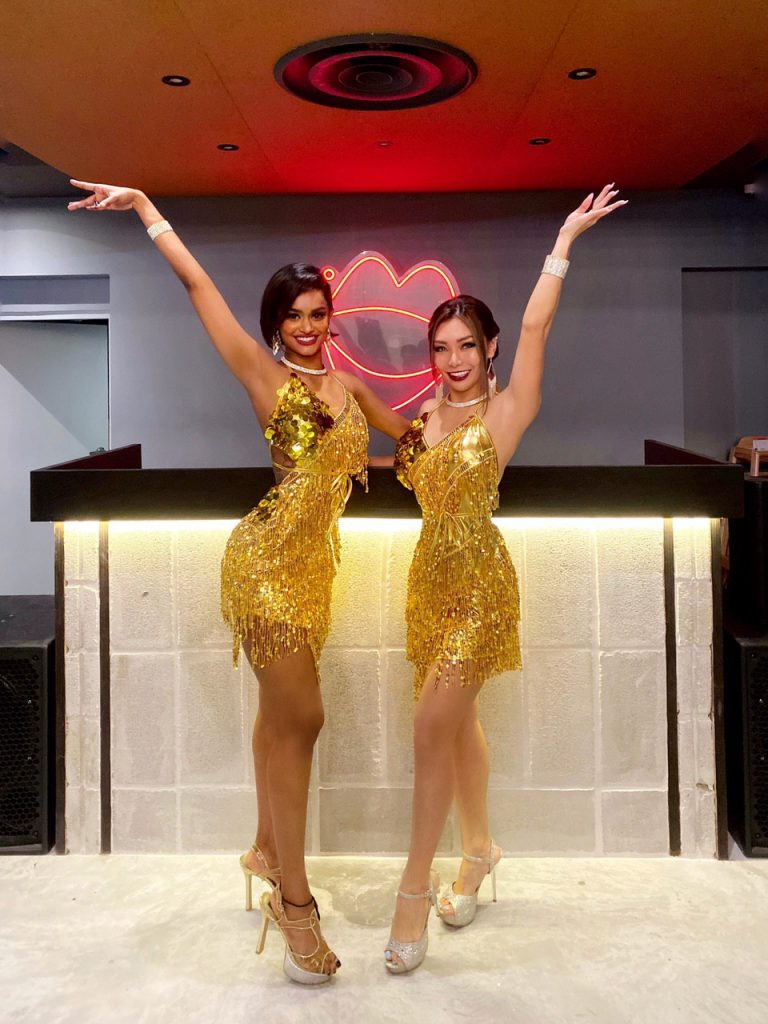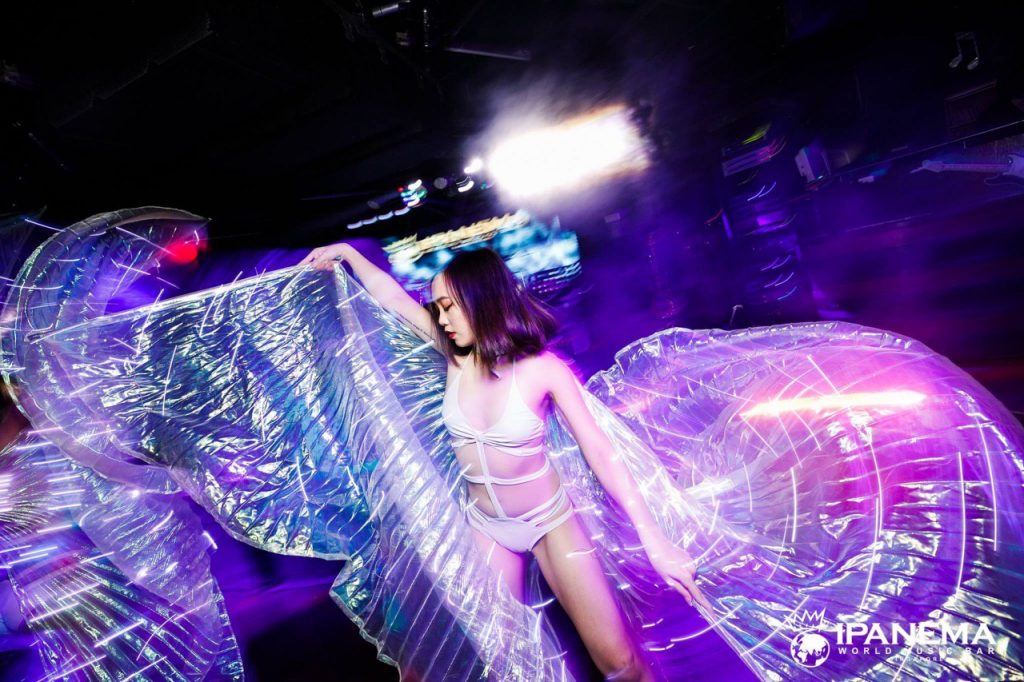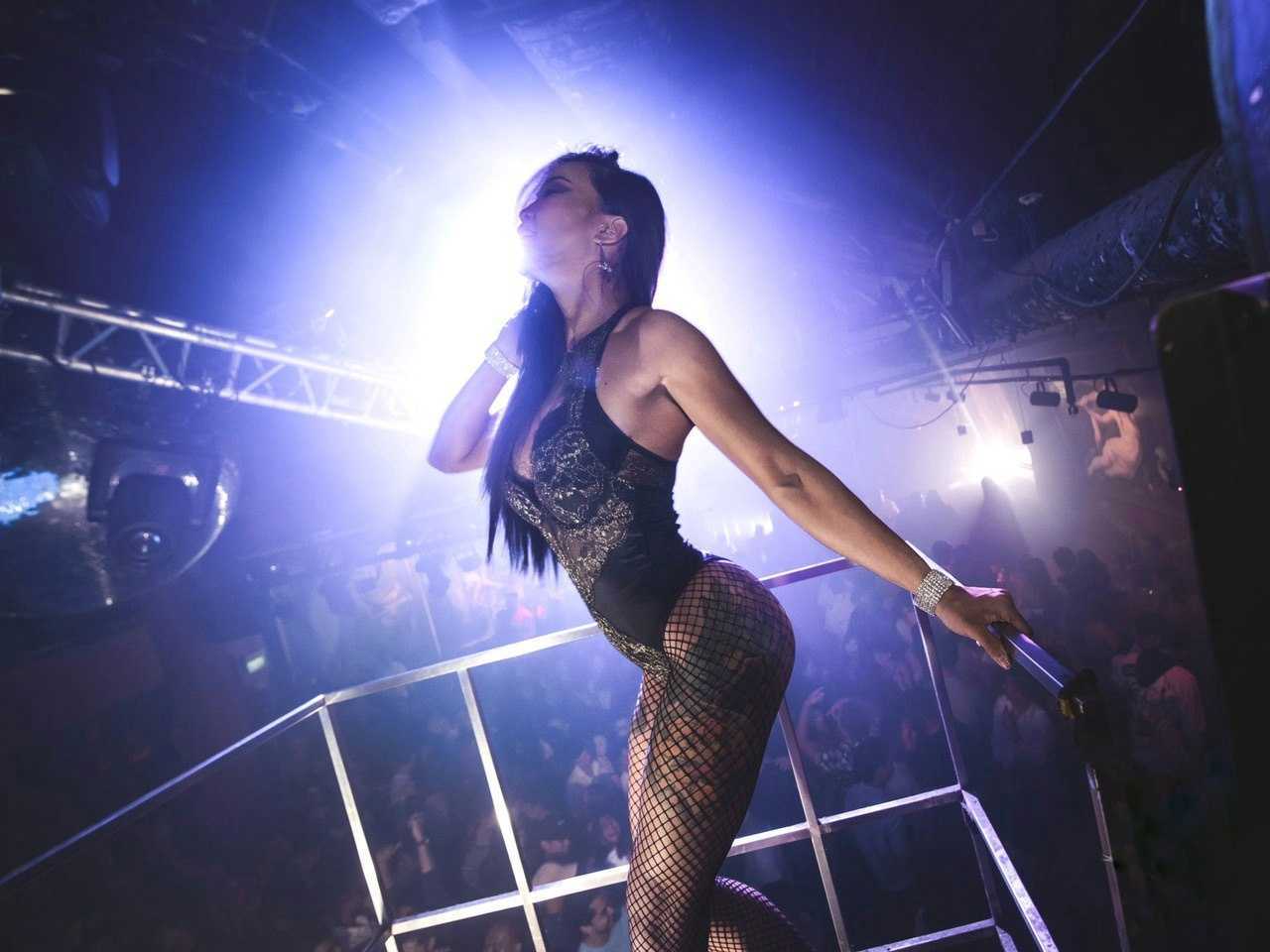As we hit the middle of June, I think of how this is one of the best months for partygoers in Singapore. Summer anthems start taking over the airwaves, schools are on holidays, and friends living overseas come back to visit the red dot, calling for instant celebrations.
In the second half of the year, we look forward to Oktoberfest, Halloween and end of year parties. And when these come around, nightclub celebrations wouldn’t be complete without the camp extravagance of dancers, who bring any festivity to life with their outfits and moves.
From mega establishments like Marquee, to more intimate settings like Lulu’s Lounge, dancers are consequential components of the club ethos, second only to DJs. As for the venues that run without them, they rarely seek to entertain in the same manner.

“If you look at the chain of necessity, we’re at the bottom,” Ingelica Lee says, club dancer and founder of Lee Inge Entertainment. “As dancers, we’re the first to go, and the last to come back.”
26-year-old Ingelica has been a professional dancer since she was a teenager, and opened her own company 3 years ago.
She said that nightclubs are hierarchical. DJs are the gods—you simply can’t function without them. Then there’s the bouncers and other staff who are essential for operations. Dancers are at the bottom, considered less essential than bottle girls because “we are a lot more expensive, and we don’t do service.”
Put bluntly, dancers disposable and they are the first to go when times are tough.
“In a way, I’m not even surprised,” Ingelica sighed, referring to how she has become accustomed to the precariousness of her profession. “Our job is quite seasonal, so every year events come and go on a rotational basis.”
She has picked up a trend: the third and fourth quarter of every year are jam-packed with events and celebrations, meaning there is a more substantial budget to spend on dancers. This lasts until the first quarter of the following year, when Chinese New Year comes around, marking their last performances.
“Dancing at clubs gets us through the months with no events. But this year, those started canceling on us too. At that point, I realised we were going to hit rock bottom. We had zero income.”

“You get entrepreneurial.”
Ever since she was a child, having a ‘boss woman’ spirit is what allowed Ingelica to make her dream a reality. “I started dancing when I was 4, but my parents saw it as a recreational activity. So I really had to convince them that I was serious about it,” she asserted.
As she grew up, she knew dancing was what she wanted to do professionally. But she never knew dancing in clubs was an option until she went out clubbing at the age of 18. “I discovered there were people who had this job. They were dressed up, they were beautiful. I told myself I want to be one of them. I want to dance and make money.”
Ingelica’s realisation was met with disappointment from her parents, who could think of nothing worse than their daughter working in a nightclub. “To them, clubs are associated with alcohol, vices, and all these sleazy things. It was as bad as working in a strip club. But to me, it’s very simple. I enjoy performing. I love dolling up in costumes. I love looking pretty. I love the energy of the crowd.”
Her parents only came around when Ingelica founded Lee Inge Entertainment, a company that provides dancers and performers for clubs and events. “You can’t just tell them it will be fine,” she said. “Over the years, you just have to show them.”
“They were worried I wouldn’t be able to support myself. But when they saw I was making money and that it’s a proper business, they accepted it.”

“Clubs have still been paying rent, so even if they’re subsidised by the government, they will be operating at a loss for a very long time,” she explained. Because of this, venues will have to reduce their budgets and make cuts wherever possible.
But for once, no one will bat an eye at the lack of performers in clubs.
“The whole point of performers is to attract crowds in, right?” Ingelica asked. “Think about it, you don’t need an attraction point after a pandemic. The crowds are going to roll in because everyone misses hanging out. Entertainers are unnecessary.”
She’s right. I can’t wait to go out, but not because I expect any kind of show—I just miss my friends.

That is a long time to be on hiatus. But “as much as I enjoy dancing, I am enjoying this break,” Ingelica admitted. “It’s nice to give our skin and bodies a break. Also, having to deal with drunk customers can be tiring and frustrating—especially if they touch us inappropriately, that pisses us off the most.”
It’s a constant hustle that never ends, and finally, she can relax. In fact, she doesn’t think other dancers should feel pressured to be working at this time unless they want to: “We deal with a lot everyday, so I think if we decide to use this time to take a break from life, it’s well justified.”
For Ingelica, having a second income means being able to keep her job as a dancer in the long run, through thick and thin—and that requires preparation now. Like others in the industry, this has been a wakeup call. “In the nightlife industry, all workers are seen as dispensable,” she said. Pandemic or not, everyone from dancers, bottle girls to bartenders lose their job quickly, and often.
“It’s not a corporate job where you get notice or severance pay. If a club can’t afford you, doesn’t need you anymore, or simply finds someone else who can do the same job for cheaper, you’re out in a second. They are not obligated to give you an answer.”
So I asked her: doesn’t it get exhausting working in an industry that can be so brutal?
“Sure,” she said. “But for me it’s about doing what I love.”







